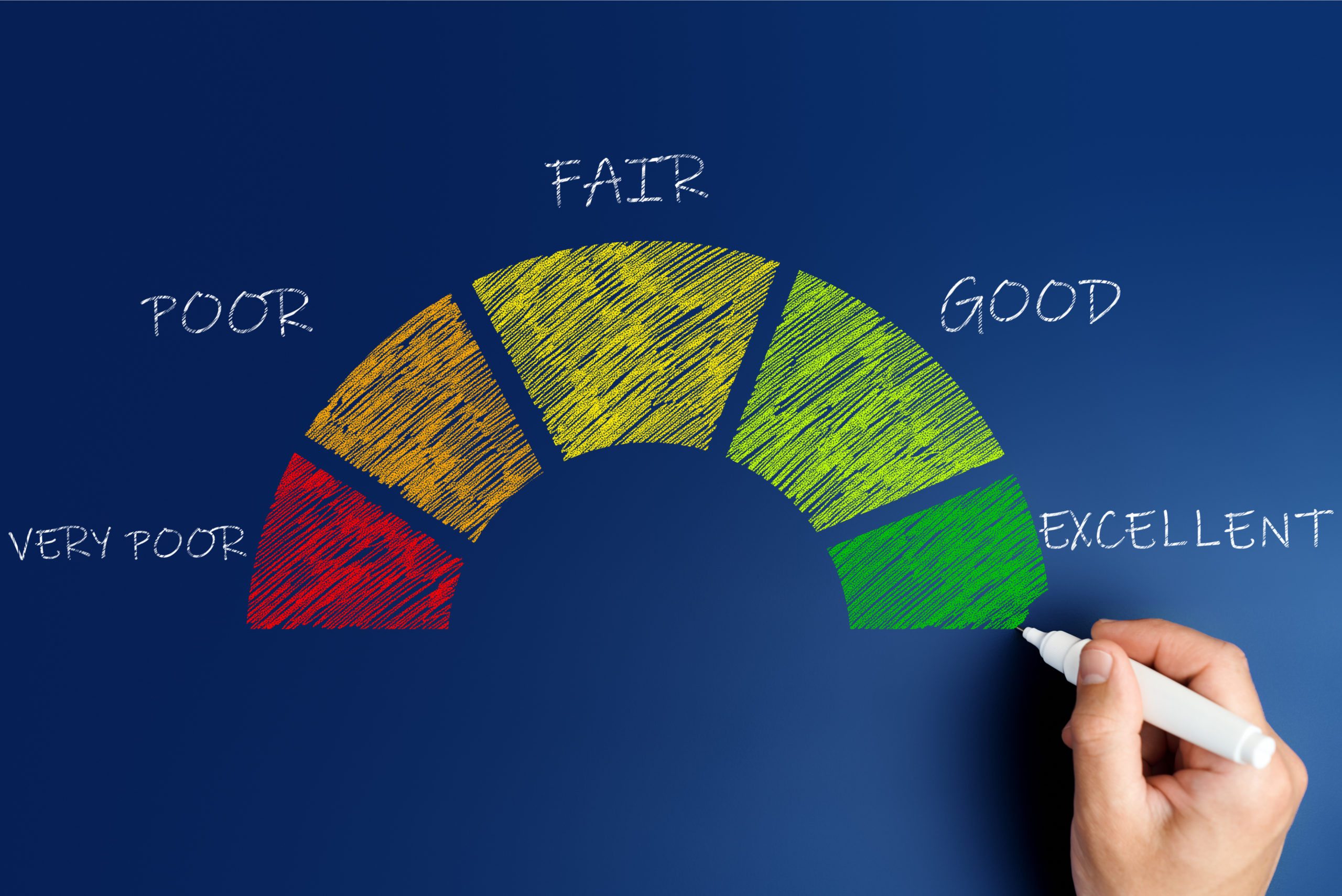
Your credit score plays a major role in your life, impacting your ability to rent an apartment, buy a house, get a credit card, and even how much you pay for auto insurance. These three-digit numbers, graded on a scale that resembles the SAT, have become more accessible to consumers due to recent changes in law, technology, and business. Credit scores are clearly impactful in the lives of Americans, but are they being created accurately, fairly, and with proper regulatory oversight? Is there a better way?
Credit scores are built on credit reports, files kept on most Americans by several large credit reporting bureaus. What are these reports and scores made of? How accurate are they? Who ensures they are fair and accurate?
On December 7, the Center on Regulation and Markets will convene a group of experts to discuss these questions and get to the core of the issue: Are credit scores and credit reports the right method for society to allocate credit? If so, how can they be improved? If not, what should replace them?
Viewers can submit questions for speakers by emailing events@brookings.edu or via Twitter using #CreditScore.


